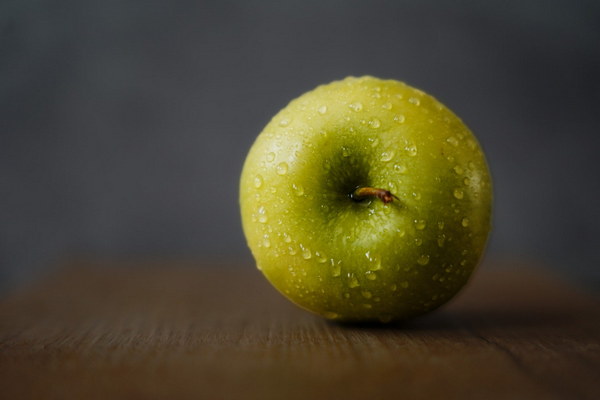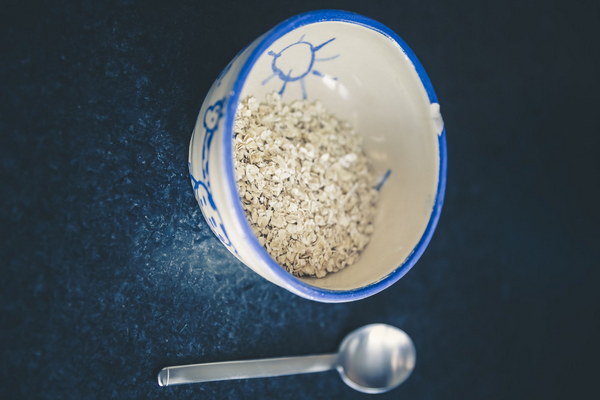The Dangers of Excessive Dampness Removal What It Can Do to Your Health
In traditional Chinese medicine, the concept of dampness is often associated with various health issues, and it's not uncommon for individuals to seek remedies to eliminate this excess dampness. However, what many may not realize is that excessive dampness removal can actually have its own set of harmful consequences. This article delves into the potential dangers that come with overzealous dampness elimination efforts.
1. Disruption of Yin and Yang Balance

In traditional Chinese medicine, the body is governed by the principle of Yin and Yang, which represents the balance of complementary forces. Dampness is considered a Yin element that, when in excess, can lead to disharmony. While removing dampness is important, doing so excessively can disrupt this delicate balance, leading to imbalances in the body's functions and potentially causing more health problems.
2. Weakening of the Spleen and Stomach
According to TCM, the spleen and stomach are responsible for transforming and transporting the nutrients from the food we eat. Excessive dampness can impair these organs, leading to a weakened digestive system. When the spleen and stomach are overburdened with dampness, it can result in symptoms such as fatigue, bloating, diarrhea, and weight gain. Conversely, over-removing dampness can further weaken these organs, exacerbating these symptoms.
3. Increased Risk of Infection
Dampness in the body is often associated with a weakened immune system. While it's true that excess dampness can lead to infections, the process of removing dampness too aggressively can also weaken the immune response. This can leave the body more susceptible to various pathogens, including colds, flu, and more serious infections.
4. Menstrual Disorders
For women, excessive dampness removal can lead to menstrual disorders. Dampness is believed to contribute to conditions like dysmenorrhea (painful periods) and amenorrhea (absence of periods). By over-removing dampness, the body may be thrown off balance, leading to irregularities in the menstrual cycle and other reproductive health issues.
5. Mental Health Impacts
Dampness in the body is also associated with mental and emotional imbalances. Excessive dampness removal can lead to feelings of depression, irritability, and anxiety. This is because dampness is linked to the Liver meridian, which is responsible for the regulation of emotions and the flow of Qi (vital energy) throughout the body.
6. Overuse of Herbs and Medications
Individuals who are eager to remove dampness may turn to herbal remedies or other treatments without considering the potential side effects. Overuse of herbs like Atractylodes and Poria, which are commonly used to expel dampness, can lead to toxicity and other adverse reactions.
In conclusion, while dampness in the body can indeed be a source of discomfort and illness, the process of removing dampness should be approached with caution. Overzealous efforts to eliminate dampness can lead to a host of unintended consequences, from organ dysfunction to weakened immune responses. It's important to consult with a qualified practitioner of traditional Chinese medicine who can provide a balanced approach to dampness management, ensuring that treatment is both effective and safe. Remember, the key to health is not just the elimination of what's harmful, but the maintenance of overall balance within the body.









